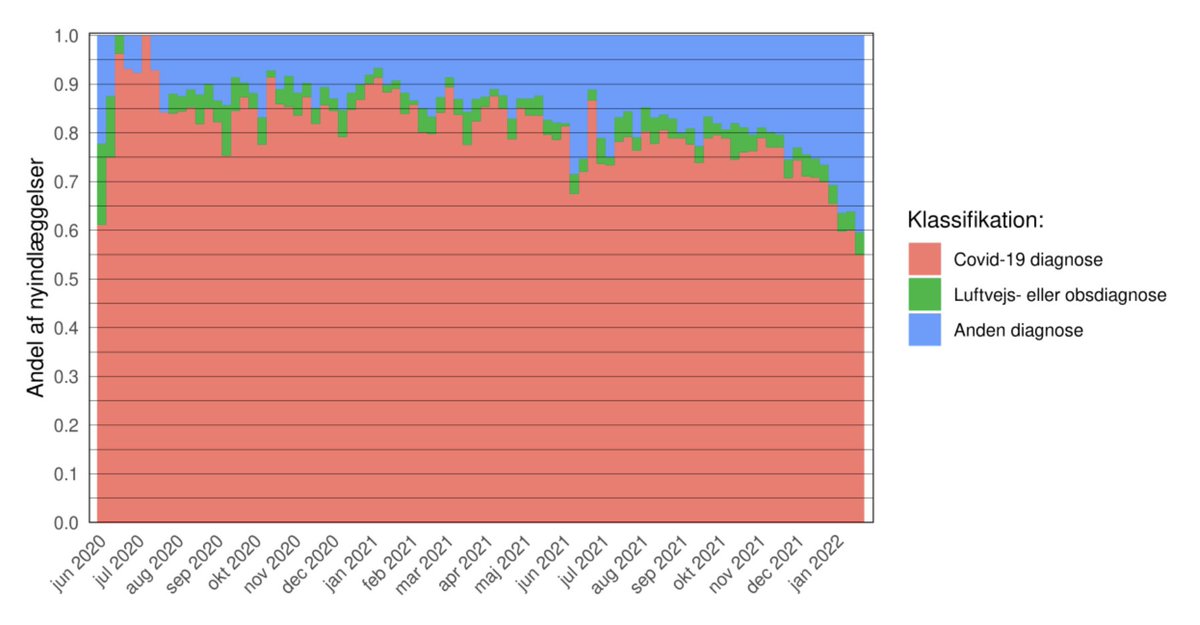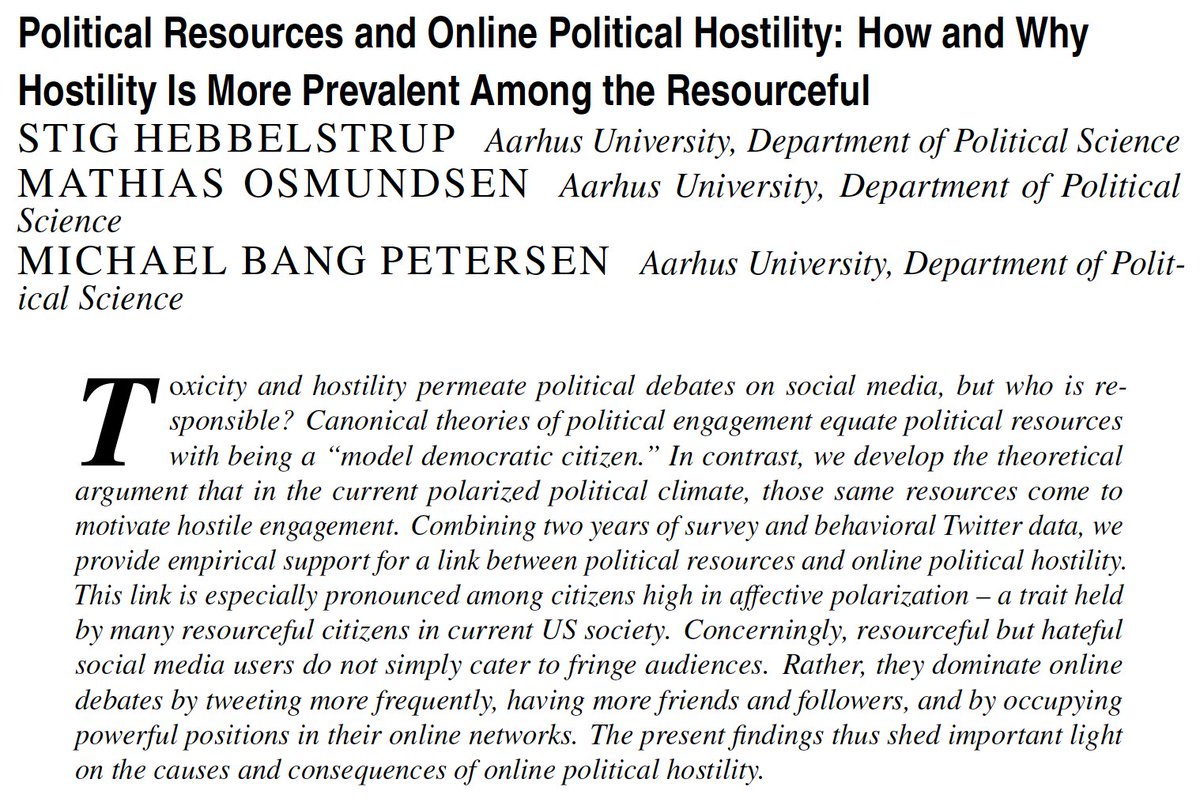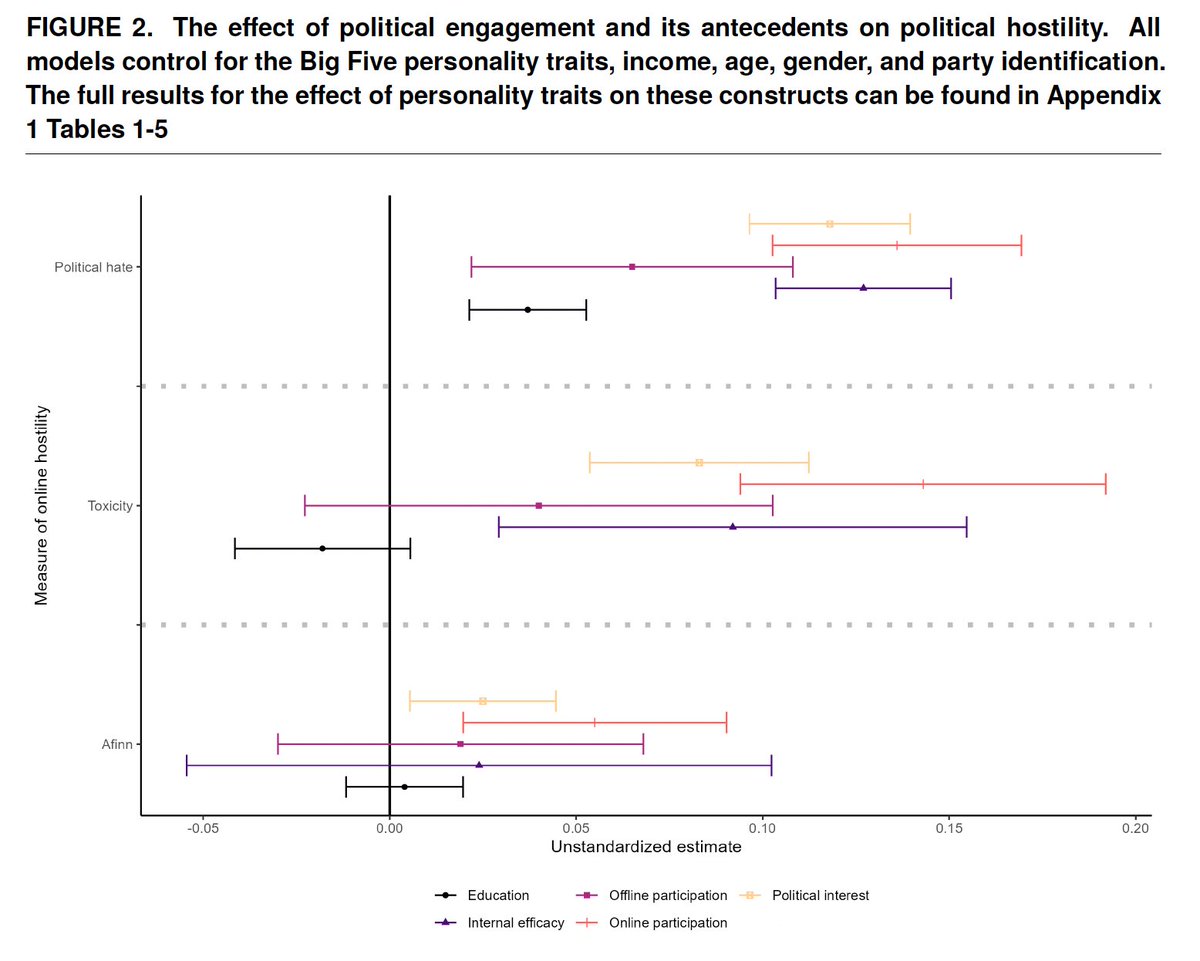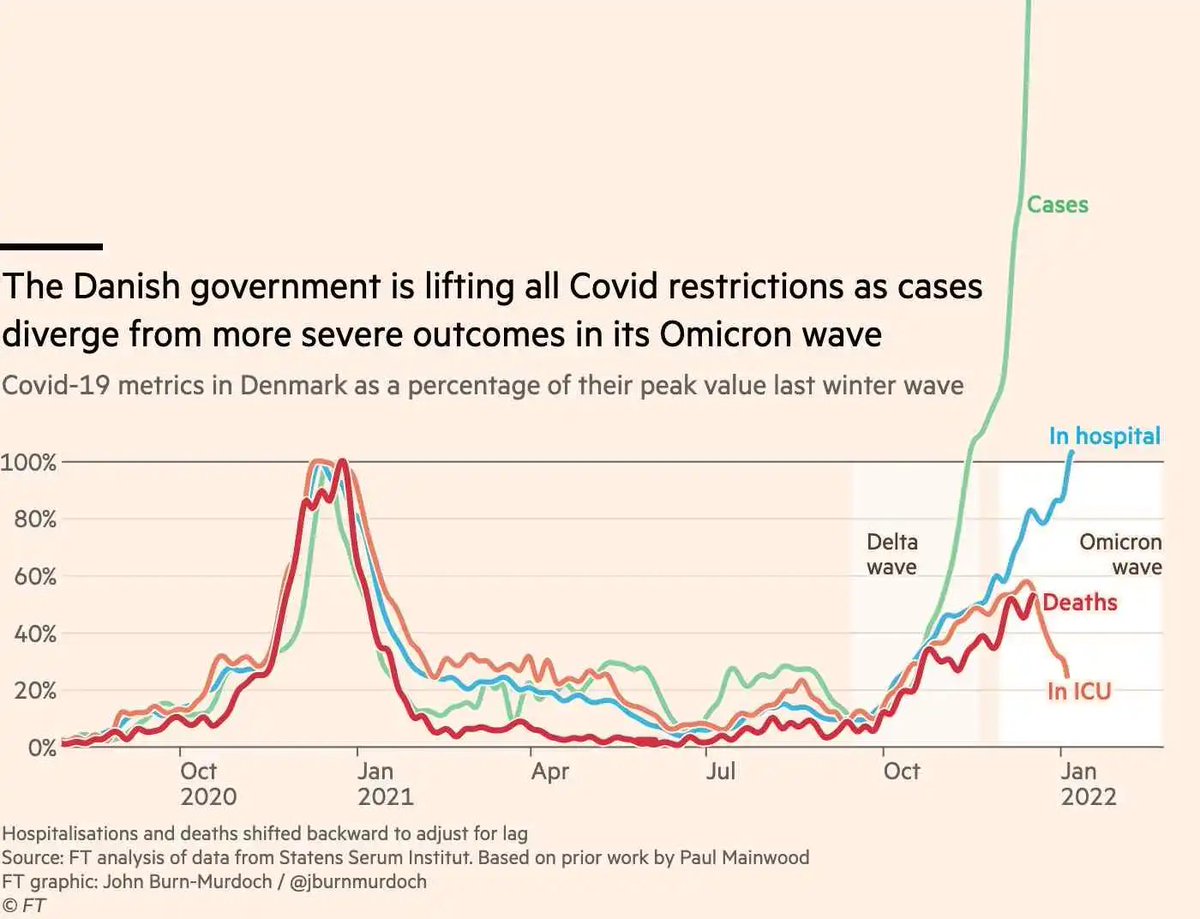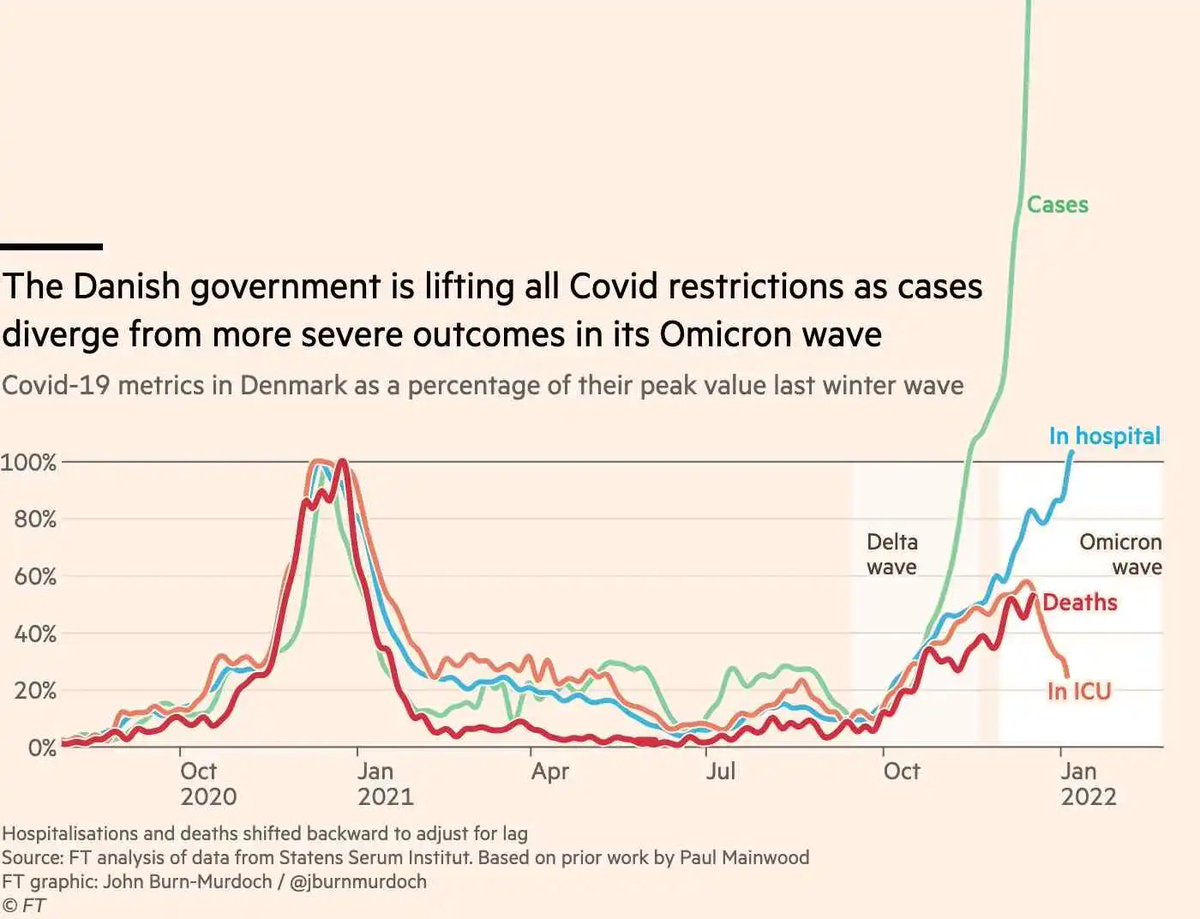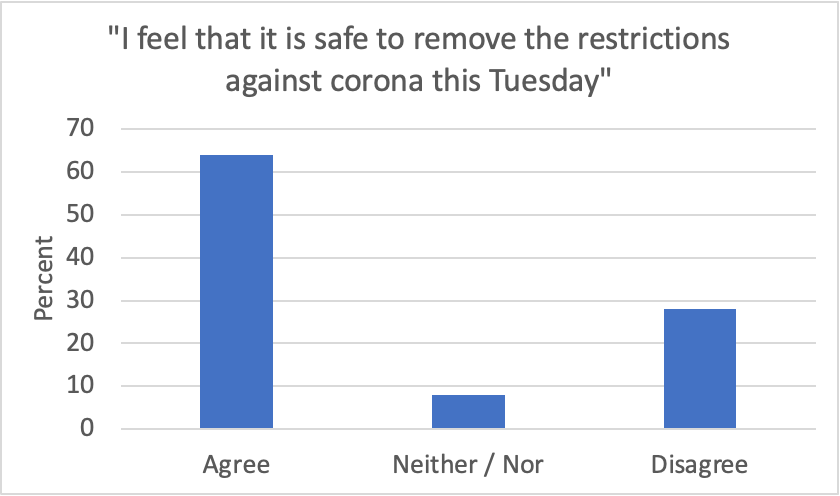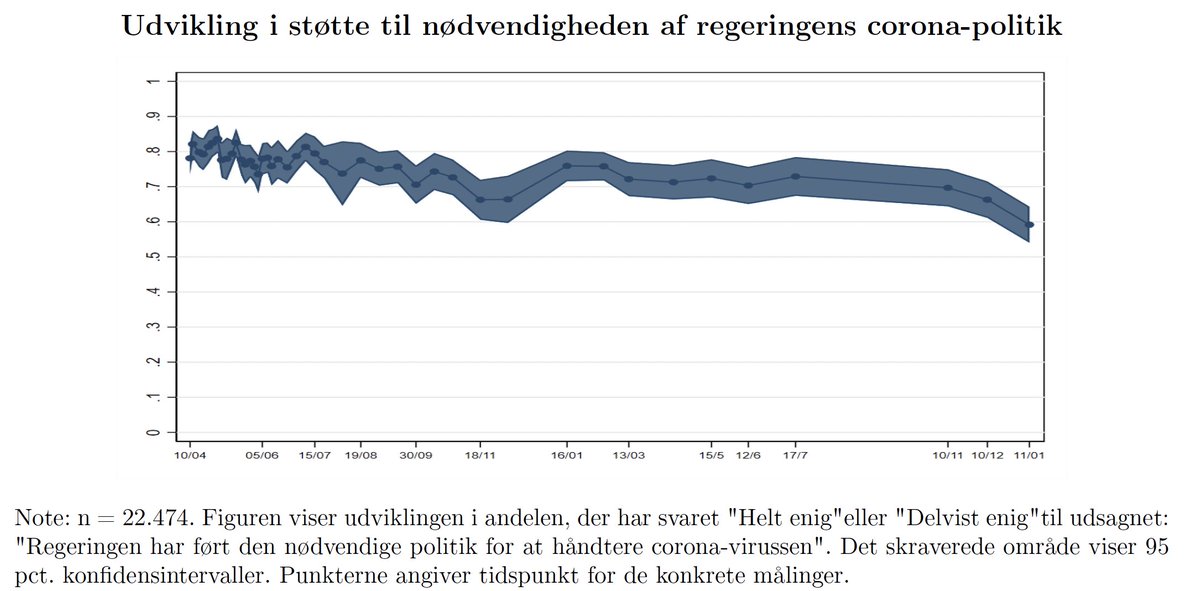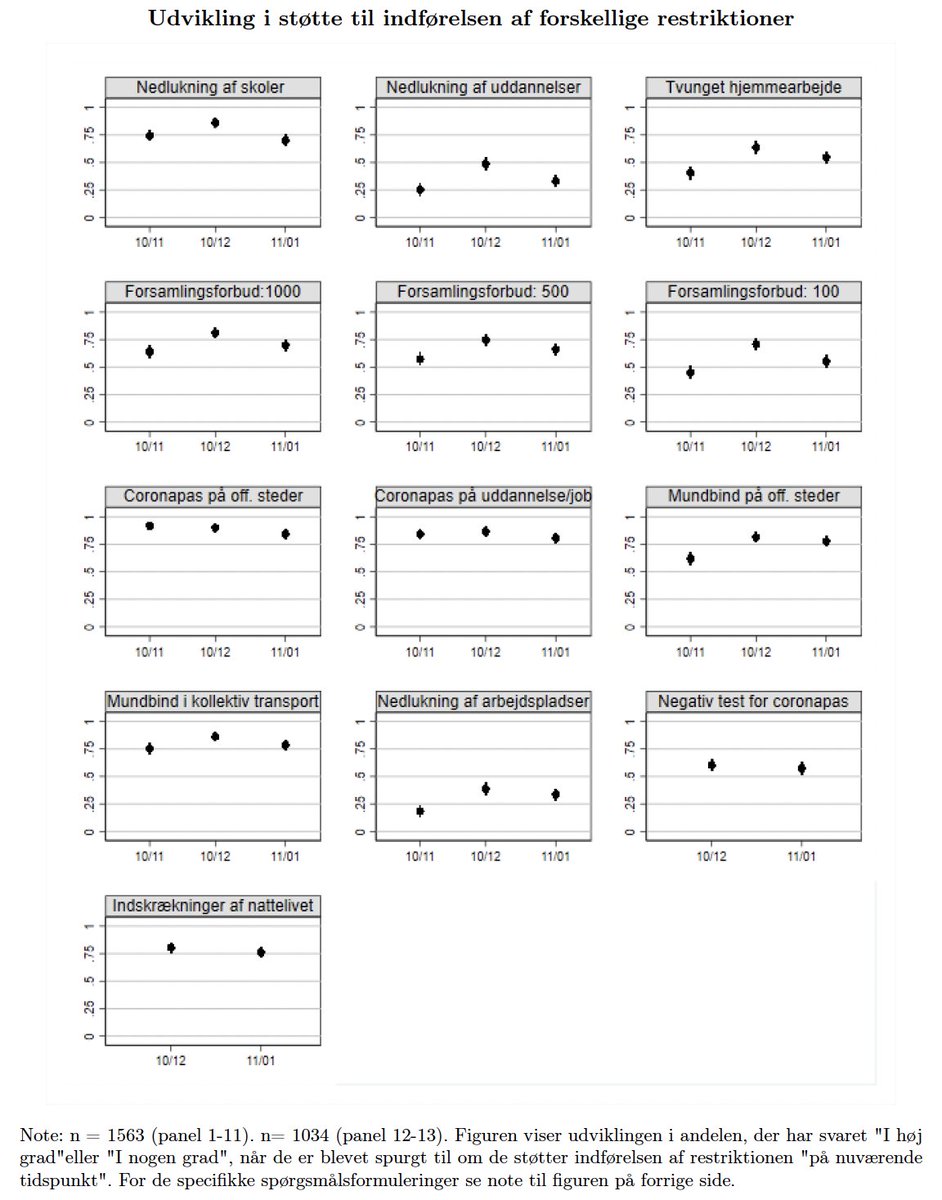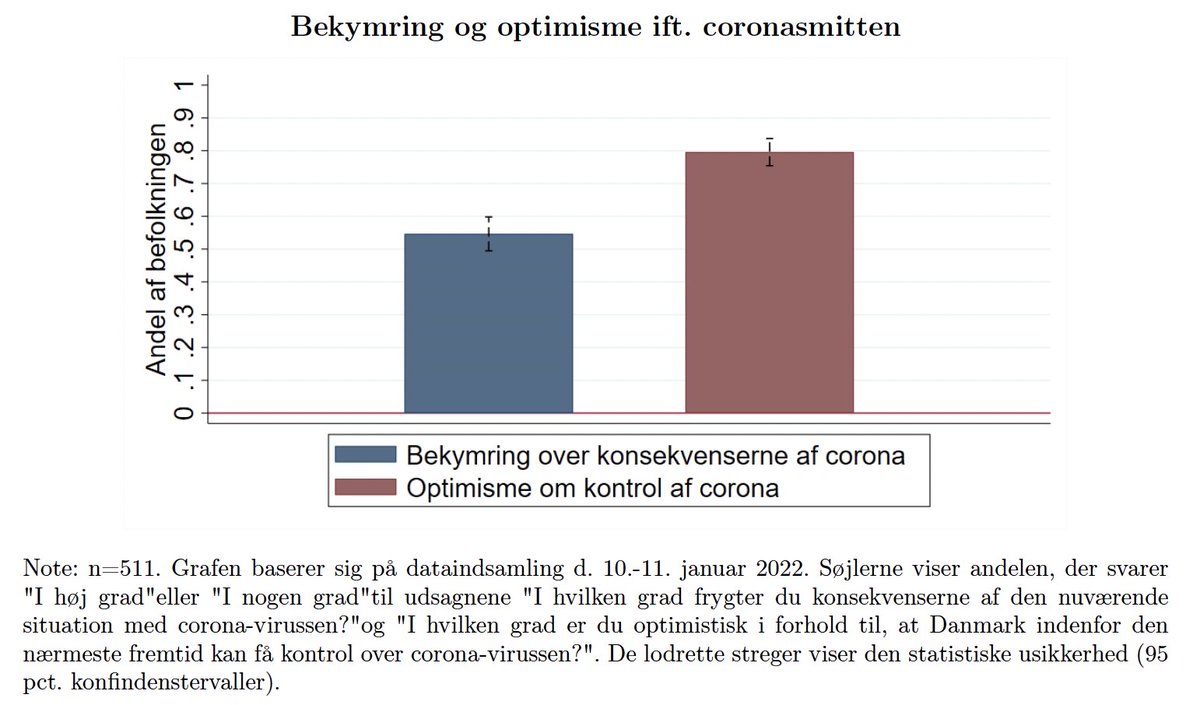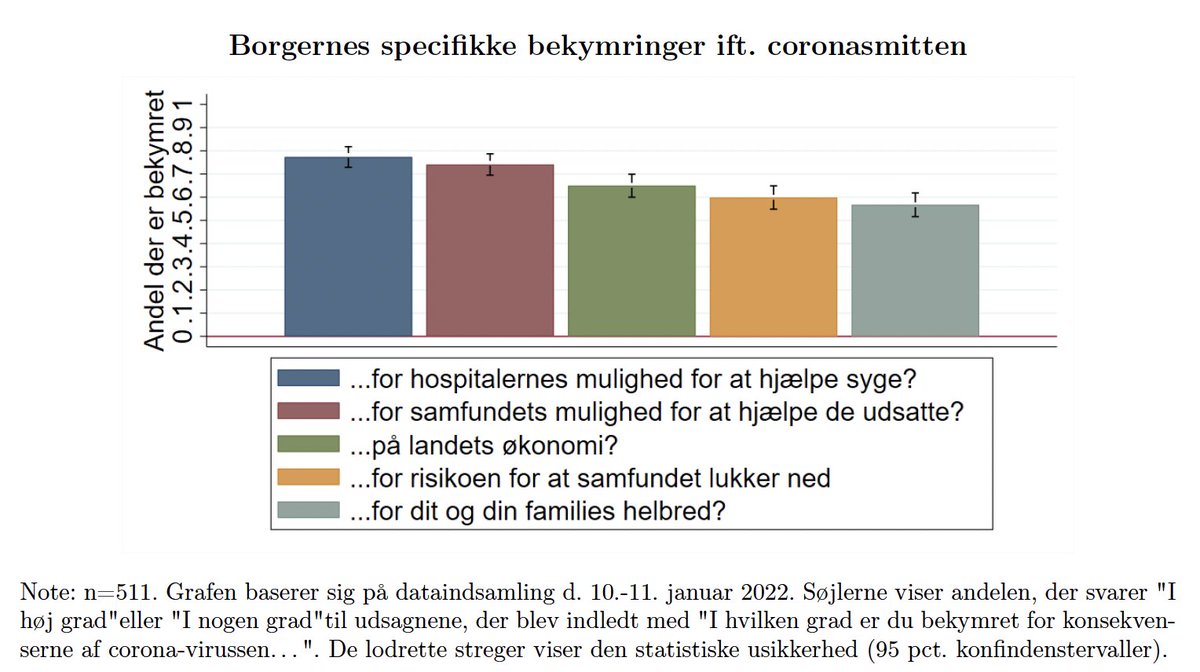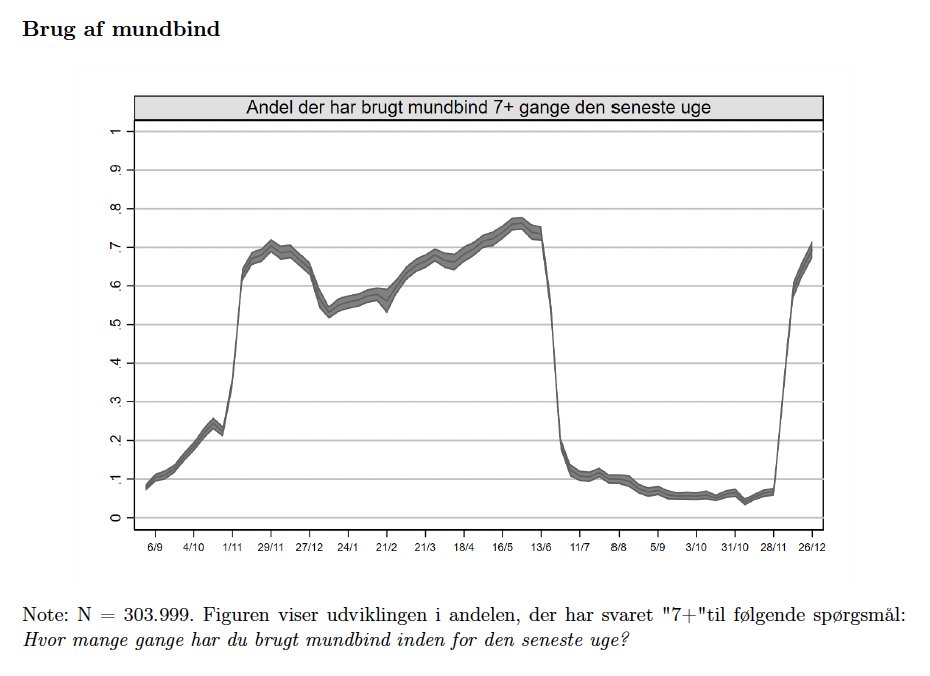
Omicron has raised a key question globally:
What is the end goal of pandemic management?
If you as a citizen don't know the answer to this, communication has failed.
Public support requires clear communication about goals & involved uncertainties, costs & benefits.
🧵(1/17)
What is the end goal of pandemic management?
If you as a citizen don't know the answer to this, communication has failed.
Public support requires clear communication about goals & involved uncertainties, costs & benefits.
🧵(1/17)
Why is now more important than ever?
Because omicron has decoupled cases and epidemic severity.
Before all strategies led to suppressing cases.
With omicron, it is possible to suppress severe disease with vaccines & treatment without suppressing cases. (2/17)
Because omicron has decoupled cases and epidemic severity.
Before all strategies led to suppressing cases.
With omicron, it is possible to suppress severe disease with vaccines & treatment without suppressing cases. (2/17)
Should countries suppress cases or suppress disease?
Hong Kong has imposed the toughest restrictions yet in the face of omicron, choosing to suppress cases: scmp.com/news/hong-kong…?
Scandinavia has lifted all restrictions, choosing to suppress severe disease. (3/17)
Hong Kong has imposed the toughest restrictions yet in the face of omicron, choosing to suppress cases: scmp.com/news/hong-kong…?
Scandinavia has lifted all restrictions, choosing to suppress severe disease. (3/17)
It is important to be clear about end goals for reasons of public support.
Our research (in print in @SciReports on Tue!) shows that goal-oriented communication facilitates public understanding and support for pandemic measures: psyarxiv.com/gxcyn/. (4/17)
Our research (in print in @SciReports on Tue!) shows that goal-oriented communication facilitates public understanding and support for pandemic measures: psyarxiv.com/gxcyn/. (4/17)
Furthermore, we have tracked almost 400,000 Danes during the pandemic. We find that a measure of trust in the pandemic strategy and the perceived clarity of the information about the strategy are key predictors of distancing and vaccinations: github.com/Hopeproject202… (5/17)
This is in line with work on procedural fairness: link.springer.com/chapter/10.100…. People accept costly decisions, if they view the decision-making process as fair. Fairness reflects, in part, impartiality & neutrality, which are tied to principled goal-oriented decision-making. (6/17)
We should care about public support, if we care about democracy.
Liberal society is a social contract. Restrictions put rights on hold. But safety is a right too. The legitimacy of restrictions to ensure safety comes from the public's consent, just as with criminal law. (7/17)
Liberal society is a social contract. Restrictions put rights on hold. But safety is a right too. The legitimacy of restrictions to ensure safety comes from the public's consent, just as with criminal law. (7/17)
Pandemic management cannot resort to restrictions just because communication fails. It is succesful communication that makes restrictions legitimate. The best analysis of this co-dependency of communication & sanction comes from Ostrom: books.google.dk/books?id=daKNC…. Read it. (8/17)
This also puts responsibility on citizens. They need to process communication in good faith. Not all will.
Decreasing support may itself undermine reasonableness, as we know from research on motivated reasoning: psycnet.apa.org/doiLanding?doi…. This creates a vicious circle. (9/17)
Decreasing support may itself undermine reasonableness, as we know from research on motivated reasoning: psycnet.apa.org/doiLanding?doi…. This creates a vicious circle. (9/17)
But specifying end goals is not just about support. It is about democratic accountability and the protection of rights.
@vdeminstitute notes that a large number of countries worldwide have "violated democratic standards for emergency responses." (v-dem.net/shiny/PanDem/) (10/17)
@vdeminstitute notes that a large number of countries worldwide have "violated democratic standards for emergency responses." (v-dem.net/shiny/PanDem/) (10/17)
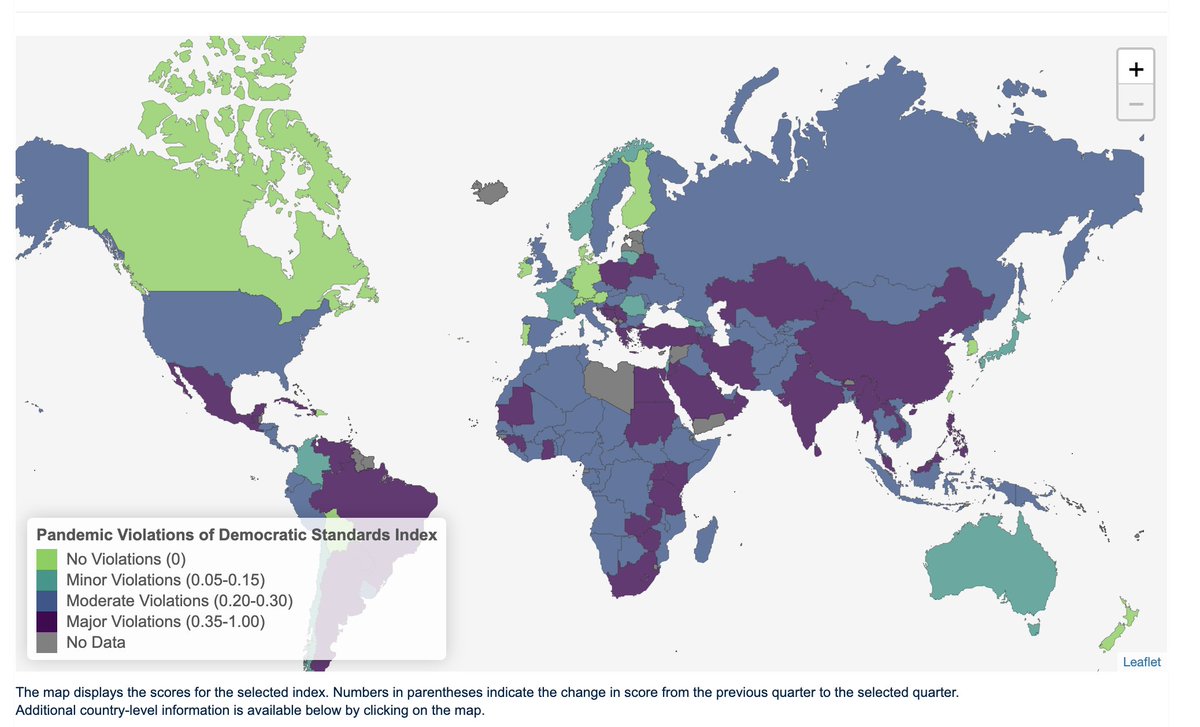
@vdeminstitute also notes that a large number of countries are at risk of democratic backsliding during the pandemic.
And we know (e.g., from post-9/11) that governments are often better at imposing new tools than removing those tools: ojs.library.queensu.ca/index.php/surv… (11/17)
And we know (e.g., from post-9/11) that governments are often better at imposing new tools than removing those tools: ojs.library.queensu.ca/index.php/surv… (11/17)
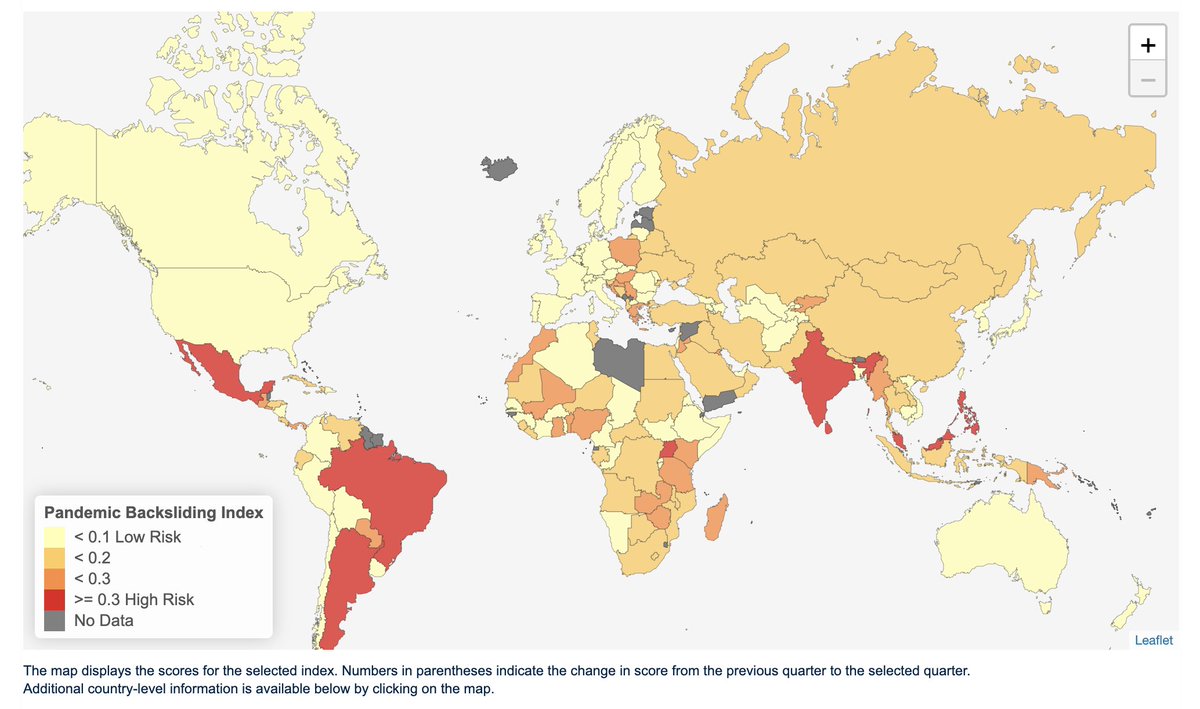
So, it is key that citizens understand the factors that govern pandemic management & can hold govts accountable, both if restrictions are not lifted when unnecessary *&* if restrictions are not used when needed. The latter is part of the social contract too. (12/17)
In Denmark, this is built into the law of the epidemic response.
The goal is defined as avoiding "serious disruption of critical societal functions": retsinformation.dk/eli/lta/2021/2…. Without this threat, restrictions need to be removed. Otherwise, restrictions need to be used. (13/17)
The goal is defined as avoiding "serious disruption of critical societal functions": retsinformation.dk/eli/lta/2021/2…. Without this threat, restrictions need to be removed. Otherwise, restrictions need to be used. (13/17)
Operationally, Danish parliament interprets this as the avoidance of overwhelmed hospitals and, hence, the lifting of restrictions was unanimously supported.
Other countries may prioritize differently, focusing on suppressing cases, e.g, due to concerns about long covid. (14/17)
Other countries may prioritize differently, focusing on suppressing cases, e.g, due to concerns about long covid. (14/17)
No matter the goal, it is key to communicate the uncertainties. An example is this Norwegian review on long covid: fhi.no/globalassets/d…. It is also important to communicate the involved costs as have been central in the Danish response: fm.dk/media/25157/hv… (15/17) 
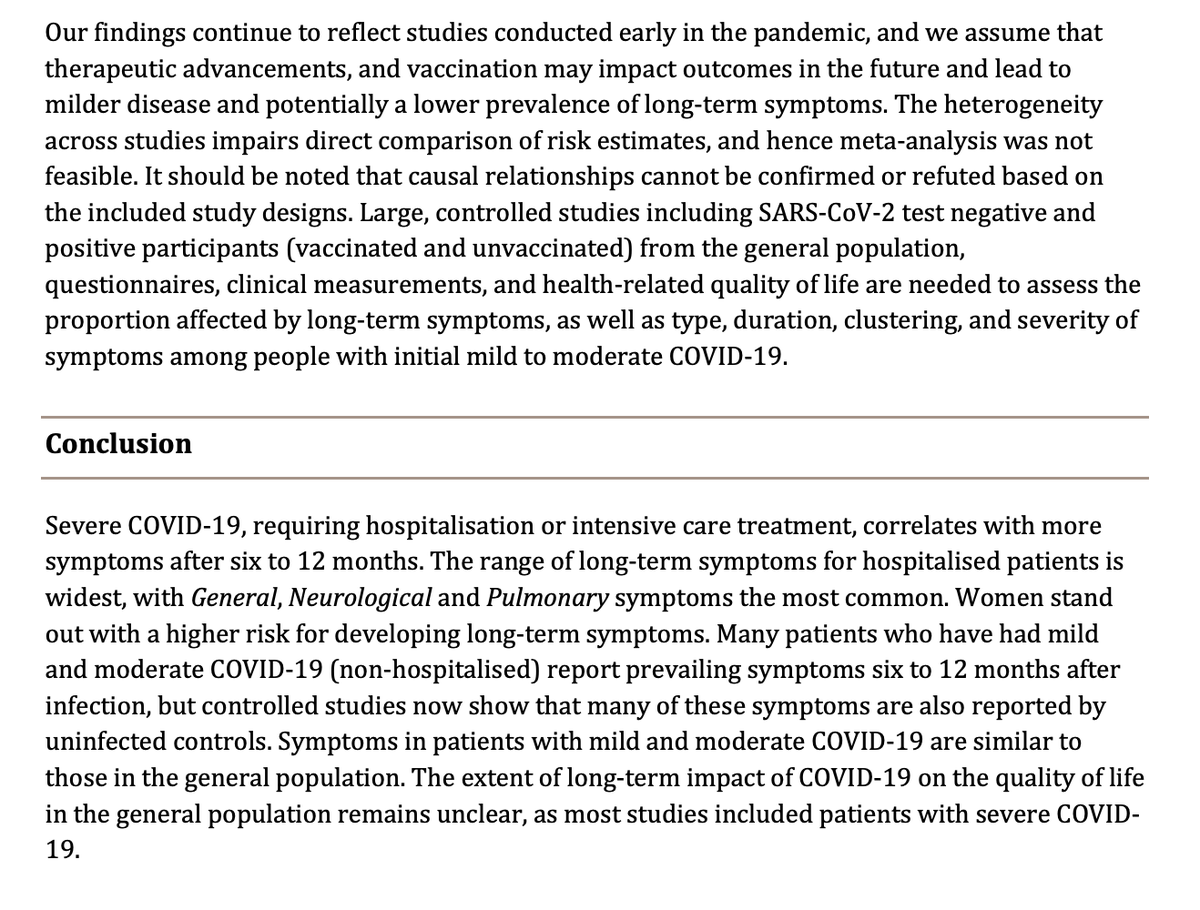
While authorities may fear communicating about uncertainty and costs, research suggests that this may not harm their trustworthiness: pnas.org/content/117/14…. Beyond being a normative obligation, it may in fact build trust: pnas.org/content/118/29…. (16/17)
In sum, it is key that you know the end goal of the pandemic strategy.
This builds support, it creates accountability & it guards against democratic backsliding.
If you are acting in good faith & if you at this point don't know, then your government has a problem. (17/17)
This builds support, it creates accountability & it guards against democratic backsliding.
If you are acting in good faith & if you at this point don't know, then your government has a problem. (17/17)
• • •
Missing some Tweet in this thread? You can try to
force a refresh


